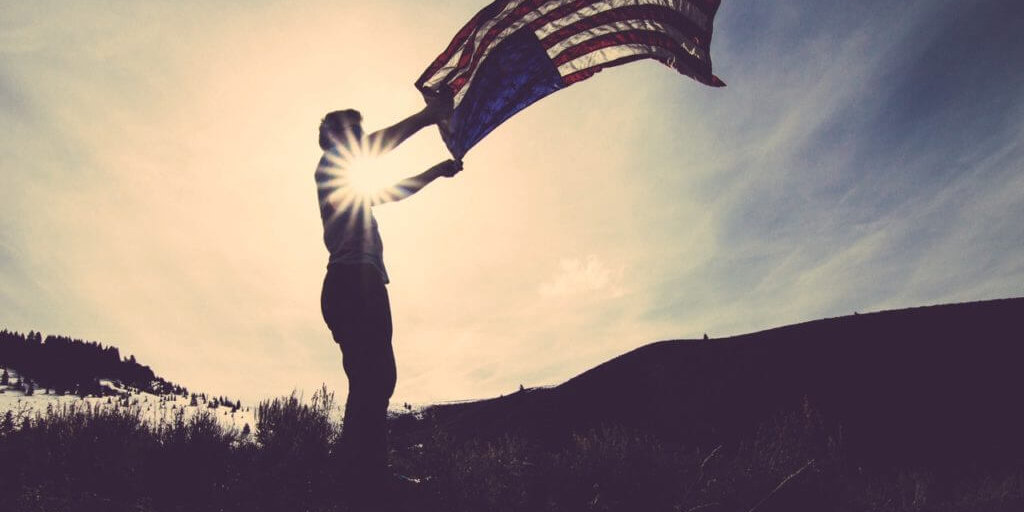
A note of thanks to the “greatest”
by Phil Burgess, Unabridged from the Rocky Mountain News, May 29, 1999
Original publication date: May 29th, 1999
A few days ago I received an e-mail from a friend, an attorney who reads a lot and is thoughtful about what he reads. He had a good idea for Memorial Day.
“Like many other Americans,” he began, “I have been reading Tom Brokaw’s The Greatest Generation. As you know, it is a book of short stories about how ordinary Americans (farmers, factory workers and store clerks) came of age during the Great Depression and the Second World War and, in Brokaw’s words, ‘went on to build modern America – men and women whose everyday lives of duty, honor, achievement and courage gave us the world we have today.’ They sought no praise or glory; they simply did a job they had to do.”
He continued, “Today, I had an interesting experience. I attended a family gathering of a new Naval Academy graduate. His grandfather was there. As a young man, the grandfather had fought in the Pacific during WW II. Here I was, face-to-face with a member of the ‘greatest generation’. As I visited with him, I was moved by my increasing awareness of how much he and his peers had contributed to democracy and other values I hold dear. I was also moved by the realization, that on an individual basis, I had never thanked a WW II veteran for what he or she had done for me and my family and the freedom and opportunities we now enjoy and too often take for granted.”
“So, during a lull in the conversation, I approached the grandfather. I looked him in the eye and I told him that I’d been reading about and reflecting on what he and others like him had done for me and for the country during WW II. And then I said: ‘Thank you for what you did.’
“As he looked at me, the grandfather’s eyes began to water and he said: ‘No one has ever thanked me for that before.’ He then reached up and put his arm around my shoulders and said: ‘Thank you. That means a lot to me.’ We embraced, and then, with a tear in my own eye, I turned around and walked away.”
My friend’s idea: “As this Memorial Day approaches, I encourage you to think of WW II veterans (or any other war veteran) you know and communicate to them your personal thanks for what they did during that great War. WW II veterans are in the twilight of their lives. They will not be around forever to receive your thanks.”
I was moved by this note. I decided to start with a letter to my relatives who were part of “the greatest generation.” Uncle Bud served in the Pacific and would have been part of a Japan invasion force, but was delivered from that fate by President Truman’s decision to use the atomic bomb rather than more American blood to end the war in the Pacific. Uncle Walt was a B-24 bomber pilot and a flight instructor. Aunt Betty was an Army nurse who accompanied the first infantry units in the liberation of the concentration camp Dachau and returned with pictures and other mementos that document the many horrors that occurred there.
I have talked with them many times about their wartime experiences. But I have never thanked them for answering their call to duty nor for their many subsequent achievements, the fruits of which I enjoy today. I intend to fix that before the week is over. I’ve already started the letters, and with the first words last night, I began to realize that it’s my spirit that will be enriched by writing these letters – at least as much as theirs will be lifted by receiving them. A heart-felt “thank-you” always seems to work that way, but it’s their spirit and their achievements that we need to remember this Memorial Day.
Get the Bonus Years column right to your inbox
We take your inbox seriously. No ads. No appeals. No spam. We provide — and seek from you — original and curated items that make life in the Bonus Years easier to understand and easier to navigate.
Other posts from the Annapolis Institute:
More from Phil:
